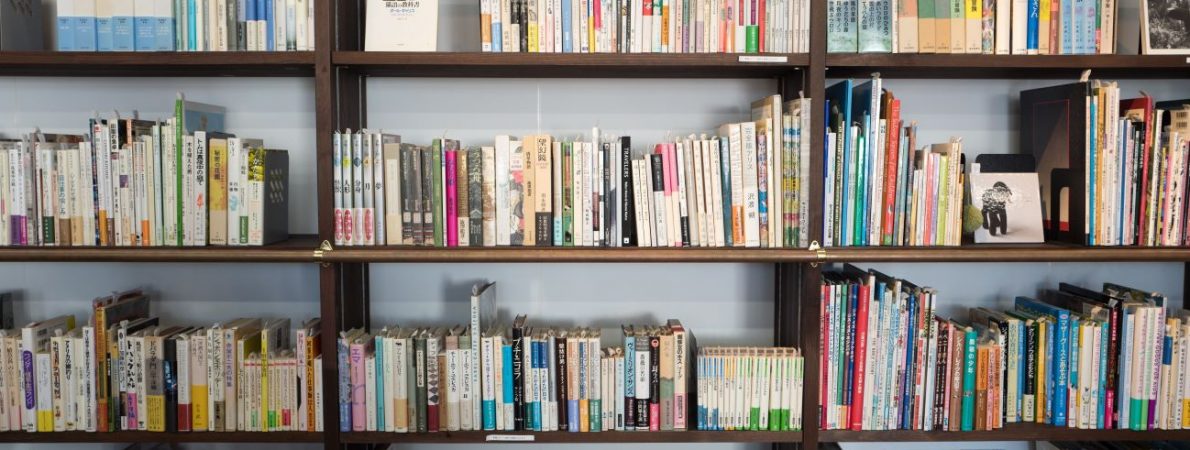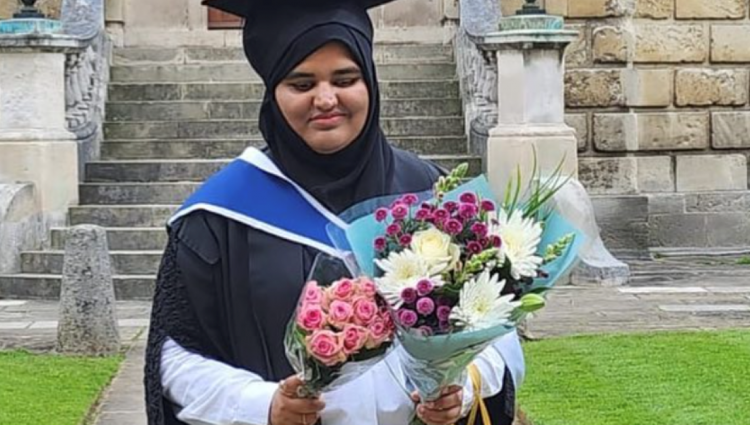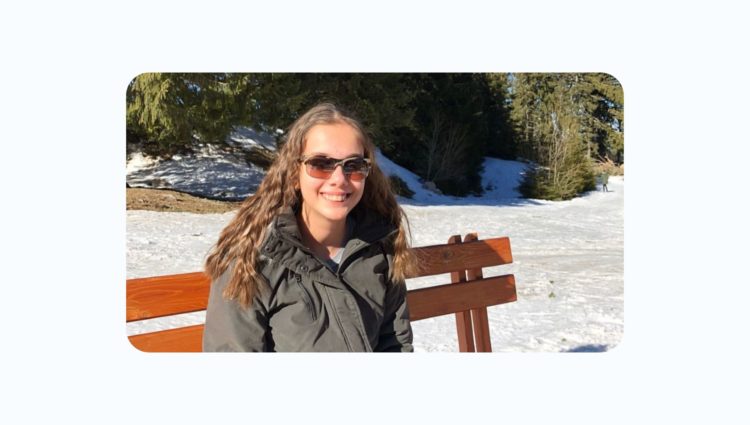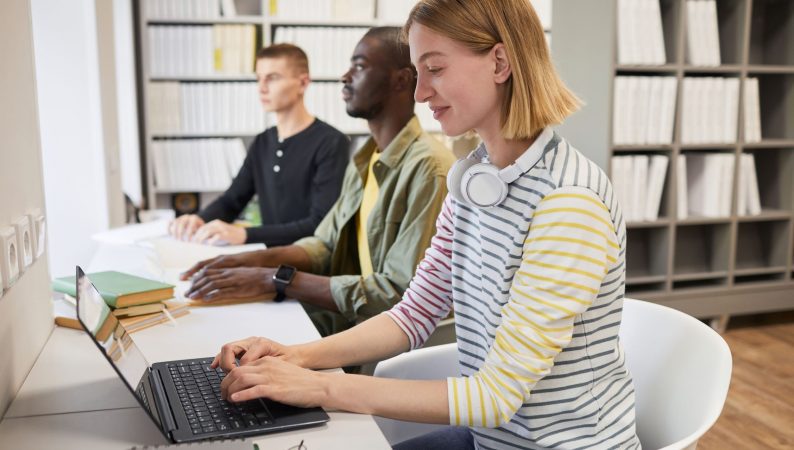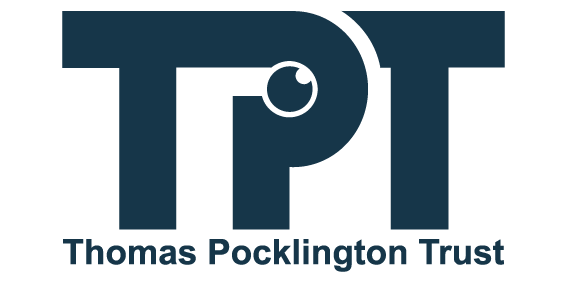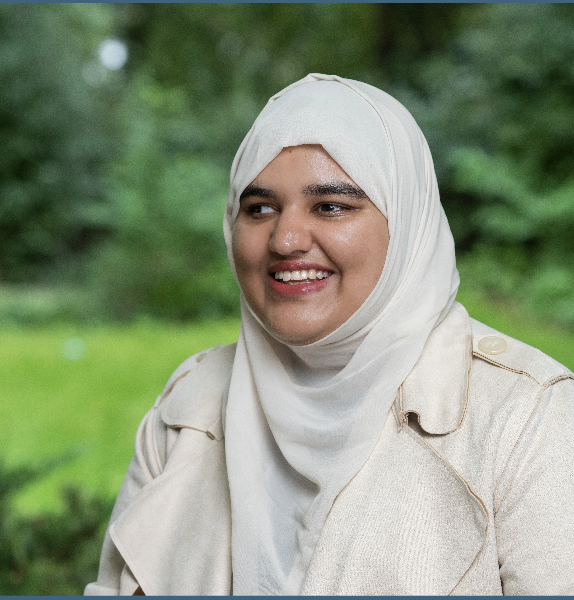
Khansa moved from Pakistan to the UK to study at Oxford University in 2021. She first completed an MPhil in Development Studies and is now undertaking a PhD in Education. Khansa has Stargardt’s Disease, meaning she has very little vision except light perception and is passionate about equality for blind and partially sighted people. Here, Khansa shares her experiences as an international student, offering tips to help other blind and partially sighted students settle into life in the UK.
From an early age, Khansa was interested in studying abroad. Her love of classic British literature, such as the works of Jane Austen and the Brontë sisters drew her towards the UK. She also felt that the UK would be a great place to study, particularly due to the support available to blind and partially sighted students, and the opportunities that come from an Oxbridge degree.
Khansa arrived in England in the middle of the pandemic and was anxious about how she would navigate around safely with her long cane, particularly when there were a lot of restrictions in place affecting travel and socialising. How would she make friends? How would she get used to her new accommodation? How would she get from A to B? Taking one step at a time, Khansa managed to navigate around life in a new country, finding that her university was very supportive with helping her settle in.
“I think we’re always daunted by things. But then when we actually try them, we realise that we’re pretty adaptable as human beings really”.
As an international student, Khansa wasn’t entitled to Disabled Students’ Allowance (DSA). Despite this, Oxford University offered her a lot of support, including a notetaker and assistive technology such as a Braille reader. That said, there were some bumps along the road, and she had to use her self-advocacy skills to get all the support organised on time. Khansa found her classmates an excellent source of support, as they would try to ensure her needs were met, even encouraging academics to provide image descriptions during classes.
“I was very lucky because of the people that studied with me, and because of the ways in which they prioritised inclusivity and accessibility”.
Although Khansa was confident in socialising and meeting new people, she acknowledges that the social side of university life could be hard as a student with a vision impairment. This was the case when opportunities to socialise spontaneously arose, as there wasn’t time to plan transport routes and check out new venues for accessibility. She found that having the confidence to ask for help from other students was really important. Her experience was that most were keen to help her with finding rooms or getting around campus.
“Don’t feel alone, even though that’s the first thing you’re going to feel, because you are not alone. We’ve all been through these struggles”.
On a practical level, Khansa feels it’s very important for international students coming to the UK to take the time to learn about how to be a safe pedestrian and how the road system works here. For example, by learning about tactile rotating cones at pedestrian crossings, the different types of tactile paving surfaces, and the directions which traffic typically flows. She recommends students read up on the basic rights they have under the Equality Act (2010) and the types of general support available with getting out and about, such as Passenger Assistance on trains, as these things might be very different to what students have experienced in their home countries. And she advises investing in a good quality raincoat!
Khansa highly recommends international blind and partially sighted students use social media to help make new connections. There weren’t many other students with a vision impairment on Khansa’s course, so she found Facebook groups as a great way to connect with others and recommends TPT’s Student Support Community. She also found following UK-based blind influencers such as Lucy Edwards @LucyEdwardsOfficial on Instagram, and Fashioneyesta‘s YouTube channel a helpful and entertaining way to learn about living in the UK and to get tips and tricks to make life more accessible.
As Khansa has grown in confidence during her studies, she has found it easier to take part in new opportunities, such as volunteering as a Student Voice with TPT and undertaking some paid work. These are all things she hopes will put her in good stead for her future career.
Khansa’s final advice for students preparing to come to the UK to study is:
“Come here with the expectation that it’s a different context. Be ready to turn on your advocacy, reach out to people, find spaces where you feel comfortable and push yourself!”.

